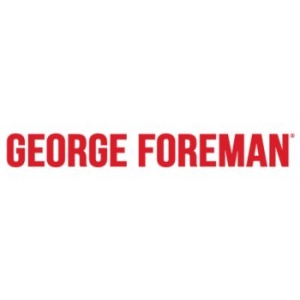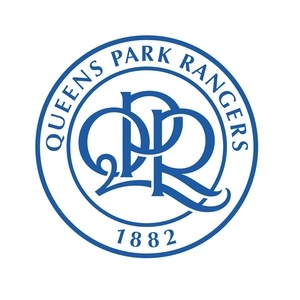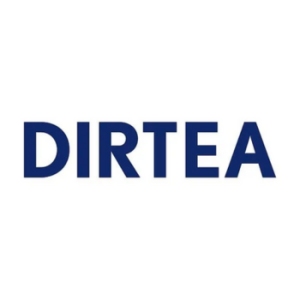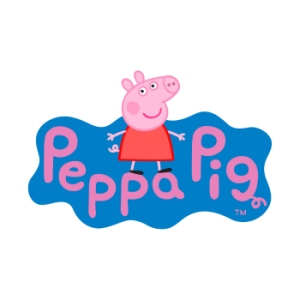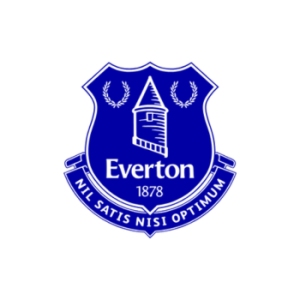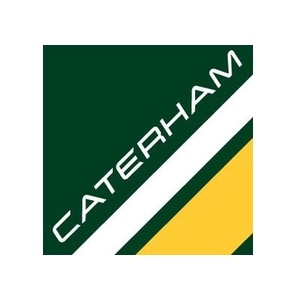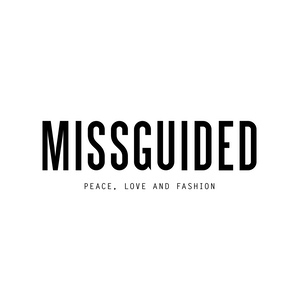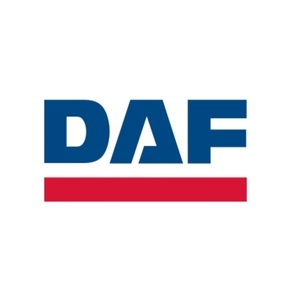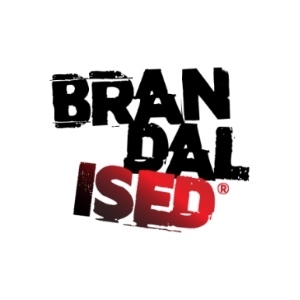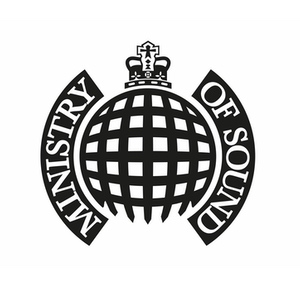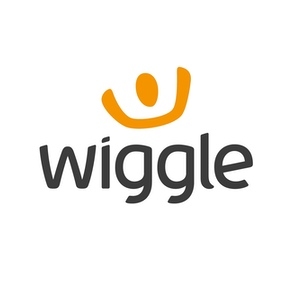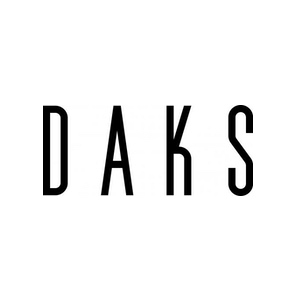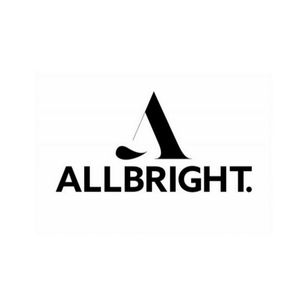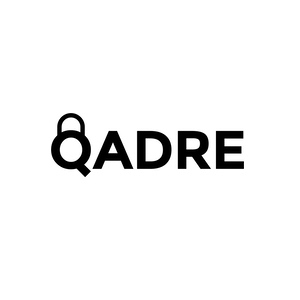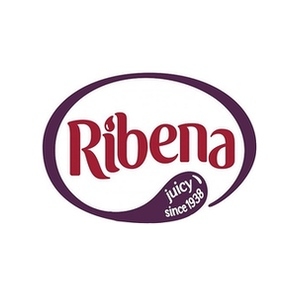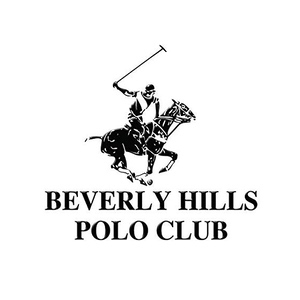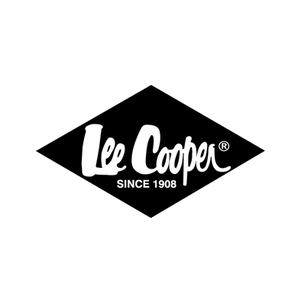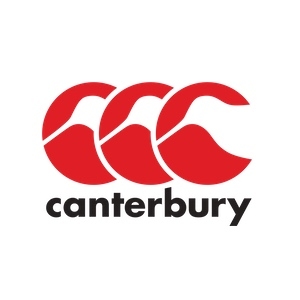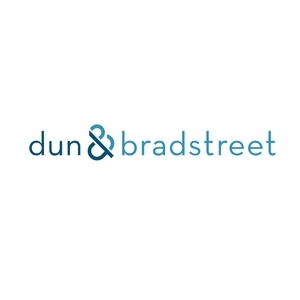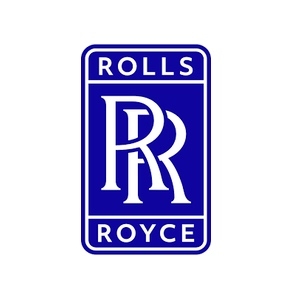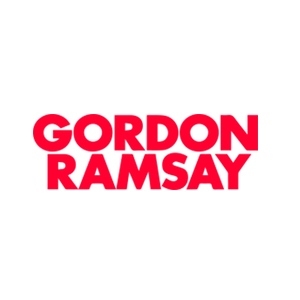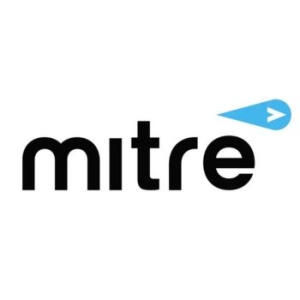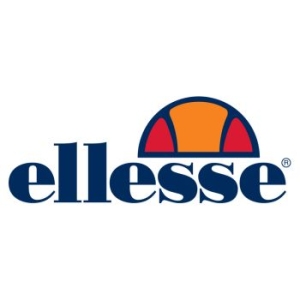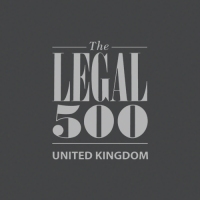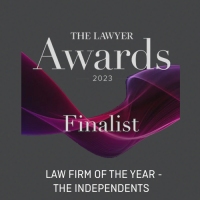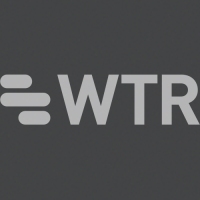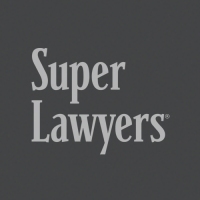Search-a-brandPowered by BRANDSMITHS
Search-a-brand assists you in researching, choosing and building a brand for your company, service or product. Try it out and search with the intended name!
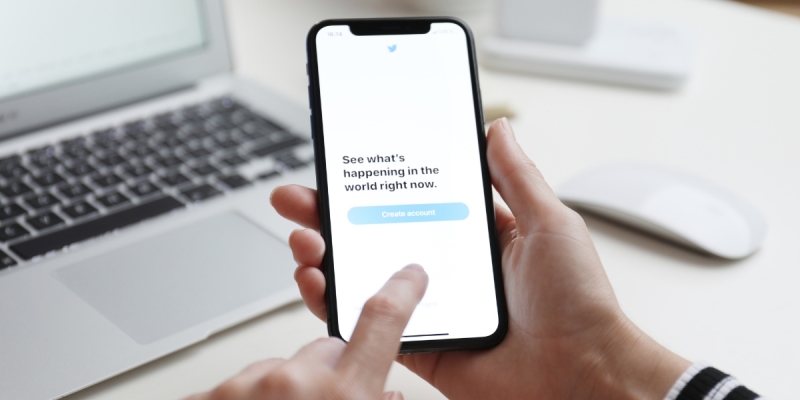
DEFAMATION AND REPUTATION ONLINE
Author: Imani Esmaail
BBC staff distance themselves from allegations of paying a teenager for explicit photographs.
Over the past few days, numerous BBC staff have sought to distance themselves from allegations that a BBC presenter had allegedly been paying a teenager for sexually explicit photographs, and that the payments first began when the teenager was 17.
The BBC has announced that the staff member has been suspended whilst the matter is being investigated. They have not yet been named.
The anonymity of this person has led to mass speculation online with the public trying to guess the identity of the person in question.
Given the serious nature of the allegations, incorrect identification of the suspect could be incredibly damaging, which is why a number of BBC staff members have publicly relied on the ‘Shaggy - It Wasn’t Me’ defence in attempt to distance themselves from the allegations.
Broadcaster Jeremy Vine has gone as far as threatening legal action against those who falsely claim that he is the suspect. Gary Lineker and Rylan Clark have been said to be holding a charity defamation drive, which seeks to raise funds for refugee and LGBT organisations from payments recovered from defamatory publications which falsely accuse them of being the suspects: https://twitter.com/PoliticoForYou/status/1677747969620049920
Defamation is one of the main causes of action for BBC staff members incorrectly named as the suspect. It is possible to seek a court order to unmask social media trolls that publish defamatory statements online, and it may be worthwhile where the potential damage to reputation is far reaching. People on social media should therefore take care when posting and re-posting content that may be defamatory, as both original authors and those who re-post could be found liable. Damages (payments) are generally sought in defamation claims, however a public apology is arguably equally as important as a remedy in order to seek to rectify some of the damage to reputation.
In addition to defamation, individuals might be able to rely on misuse of private information under Article 8 of the European Court of Human Rights. The legitimate starting point is that the person under investigation has a reasonable expectation of privacy prior to being charged with any crime. However, all of the circumstances will be taken into account when assessing publications (see Bloomberg LP v ZXC [2022] UKSC 5). In 2018, Sir Cliff Richard brought a successful claim against the BBC in relation to its coverage of a police raid on his home (https://www.bbc.co.uk/news/entertainment-arts-49576940).
This case resulted in the BBC paying a substantial amount in damages and legal costs to Sir Cliff Richard and acts as a warning to those reporting for the BBC and other media outlets of what could happen where anonymity is not protected prior to any criminal charges being made. The combination of the Bloomberg decision and the BBC’s prior experience in the Cliff Richard case is very likely the reason the BBC have not named the individual.
For media privacy and defamation enquiries, please contact info@brandsmiths.co.uk
Brandsmiths is a trading name of Brandsmiths S.L. Limited which is authorised by the Solicitors Regulatory Authority, SRA No: 620298. Founding Partner: Adam Morallee
Privacy and Cookie Policy | Terms and Conditions | Complaint Procedure | Site by: Elate Global

